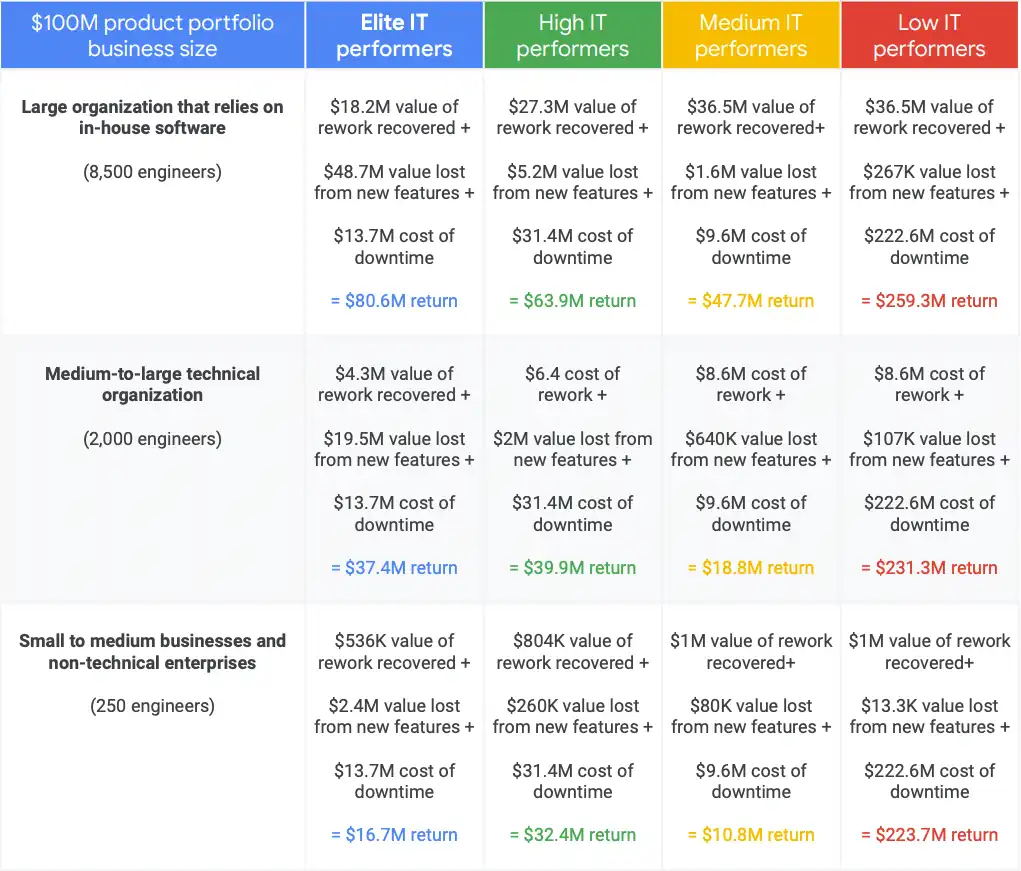Is Automation in DevOps a Threat to the Workforce?
By Ivan Popovic & Lukas Aichbauer | November 13, 2023 | 4 min read


TLDR; In the rapidly evolving field of software development, automation has become a cornerstone. Particularly in DevOps. While automation streamlines processes, it often raises concerns about job security among professionals. The fear that automation could replace human roles is not unfounded. But it requires a nuanced understanding. In reality, automation in DevOps is not about replacing human workers. It is about increasing their capabilities. It frees up valuable time and resources. This allows teams to focus on more complex and creative tasks. Tasks that machines cannot easily replicate. Rather than viewing automation as a threat, it is essential to see it as a tool that enhances the quality and efficiency of human work. The key is not to resist automation, but to adapt to it. Developing skills that complement automated processes and ensure that human expertise remains irreplaceable.
Table of Contents
Why Does Reducing Workforce As A Cost-Cutting Measure Ultimately Fail?
Many companies think cutting the workforce saves money. This approach comes from seeing short-term financial gains. But, it overlooks the long-term impact. The DORA Research highlights that this method fails to see the real value of a skilled workforce.
Reducing staff leads to several problems. Morale drops when teams shrink. Valuable experience and knowledge leave with departing employees. It then becomes harder and more expensive to hire new talent. This situation hurts the company’s ability to innovate and grow.
Instead of cutting jobs, it is more beneficial to reinvest the time and budget savings gained from DevOps back into the workforce. Redirecting these resources into research, development, and training. It will help the business and fosters innovation and growth. According to DORA, this approach can bring far greater returns. These benefits far outweigh the short-term savings from reducing the workforce.

How Do We Optimize DevOps Work And Reinvest The Gained Resources?
Optimizing in DevOps means finding tasks to streamline for long-term benefits. Here’s how and where to use the time and resources saved:
- Automate Routine Tasks: Automate tasks like code integration, testing, and deployment. Tools for Continuous Integration and Deployment cut down manual work. This saves hours for other tasks.
- Refine Processes and Workflows: Look at your current development and deployment methods. Improve them for better efficiency. This could mean new methods or tweaking the old ones.
- Reinvest in Research and Development (R&D): Use the saved time for R&D. It leads to innovation and new products, keeping your company ahead.
- Upskill and Train the Workforce: Invest in your team’s training. This makes them more skilled and ready for complex tasks that automation can’t handle.
- Improve Product Quality and Customer Experience: Use extra time to improve your products and enhance the customer experience. This could involve deeper testing and user research.
- Explore New Technologies and Tools: Lastly, use the saved time to find and use new tech and tools. This boosts efficiency and productivity even more.
By targeting these areas for optimization and reinvestment, companies can refine their processes and drive sustainable growth and innovation in a changing tech world.
Conclusion: Automation In DevOps – Advancing The Workforce And Business Together
Automation in DevOps enhances the workforce. It is freeing up time for creative problem-solving and innovation. This approach improves operational efficiency and provides significant benefits for employees, through skill development and more engaging work. The real value for organizations lies in reinvesting these efficiencies into areas that drive sustainable growth and foster a culture of continuous learning and improvement.
To understand how your organization can effectively leverage DevOps automation, consider conducting our DevOps Check. It is designed to provide insights into your current processes. It helps you to identify areas for optimization and automation, for business advancement and workforce development.
Engage with our DevOps Check, and take the first step towards realizing the full potential of your DevOps initiatives.
You liked this article? Share it with your colleagues and friends.
Sign up for our newsletter!
Do not miss out on our latest tips, guides, and updates – sign up for our newsletter now! We promise to only send you the most relevant and useful information. Be part of our journey in exploring the world of Docker and beyond.
By clicking subscribe, you agree to the privacy policy. You can unsubscribe at any time by clicking the link in the footer of our emails.